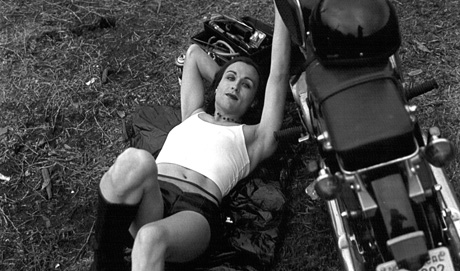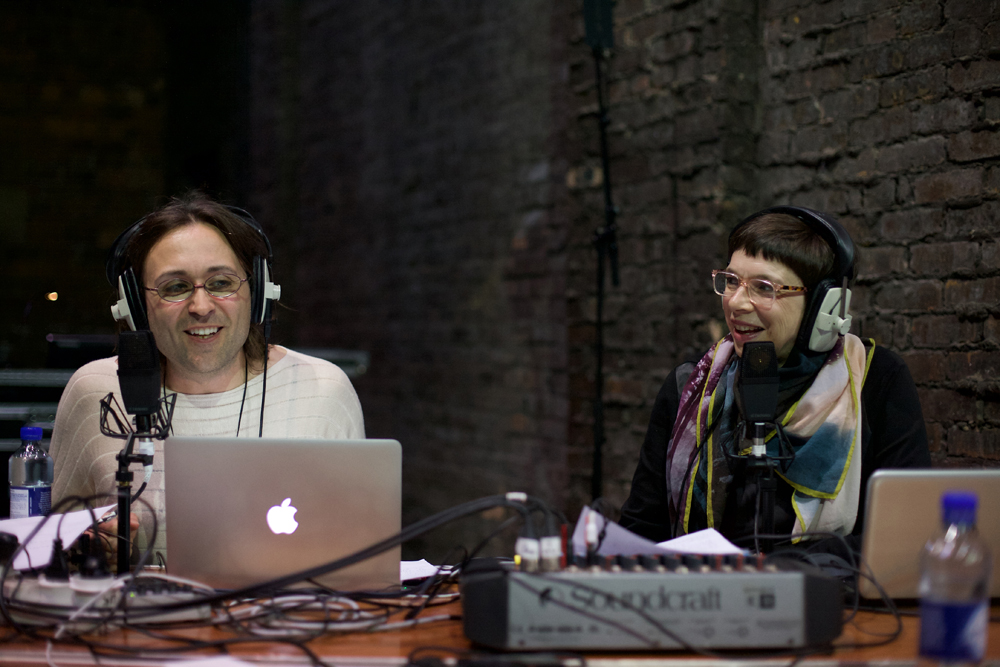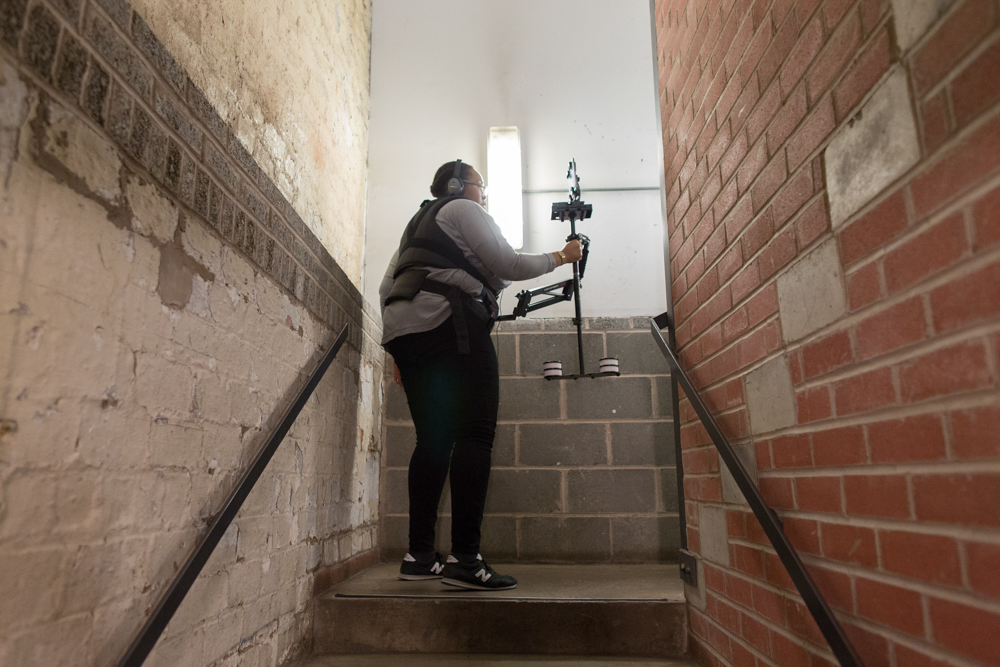
Joan La Barbara
Joan La Barbara
Joan La Barbara presents works exploring the colour spectrum of a single pitch resonating in her skull, an evocation of bird song and circular singing.
Arika have been creating events since 2001. The Archive is space to share the documentation of our work, over 600 events from the past 20 years. Browse the archive by event, artists and collections, explore using theme pairs, or use the index for a comprehensive overview.

Joan La Barbara presents works exploring the colour spectrum of a single pitch resonating in her skull, an evocation of bird song and circular singing.

A multi-speaker, electronic, spacious and spatial performance from Florian Hecker.

An audio and video investigation of gender cults, Catholicism, hauntings and nuns’ use of audio devices…

The weeks previous TLRS daily radio shows, after-hours conversations, radio booths and special guests reassembled as a live electroacoustic performance.

Originally billed as a duo of Ingar Zach and Derek Bailey, John Butcher stood in for Bailey at the last minute.

Jumping off from Sun Ra’s thoughts on evil, and the Alien films, this performance will explore how the sociality Sondra wants to visualise and participate in has no interest in respectability.

Can we use sound, repetition and difference to personally and collectively engage with space, time and labour?

Journalist and underground music champion Alan Cummings talks to Keiji Haino about his career and his performance the previous evening.

Freeform Super 8mm documentation of Saturday at Instal 06 by filmmaker Matt Hulse.

Guitar solo where inscrutable, minute electric sounds are excavated by palms that smother and strangle, that wring sound from the fretboard, from behind the bridge.
Take a break and/ or hang in an Open Meet Up in IRL and URL

How might two of the great musicians working within contrasting traditions of freedom collaborate? What might this produce: musically, socially, allegorically?